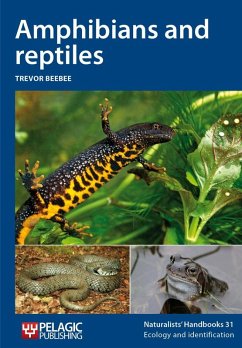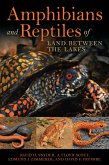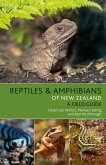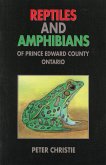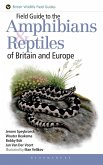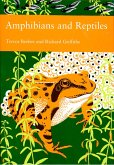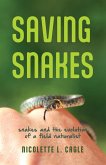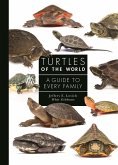Amphibians and reptiles is a comprehensive guide to the native and non-native species of amphibian and reptile found in the British Isles. Professor Trevor Beebee covers the biology, ecology, conservation and identification of the British herpetofauna, and provides keys for the identification of adult and immature newts and newt eggs, larvae and metamorphs; frog and toad adults and metamorphs, spawn and larvae; adult and hatchling limbed lizards; and adult snakes. Distribution maps are included for all species, and the book is illustrated throughout with colour photographs and figures.
The goal of this book is to encourage readers to develop their own ecological studies, to this end, the author summarises the current state of knowledge of reptile and amphibian biology, including behaviour, breeding, habitat selection, migration and development, and offers ideas for research projects that could be undertaken to further what is known. A chapter is devoted to the practicalities of professional work with amphibians and reptiles, including licensing requirements. Research techniques, including survey methods such as night searches for newts and bottle trapping, are discussed in detail, and consideration is given to methods of data analysis.
Author royalties from this book have been donated to Amphibian and Reptile Conservation.
The goal of this book is to encourage readers to develop their own ecological studies, to this end, the author summarises the current state of knowledge of reptile and amphibian biology, including behaviour, breeding, habitat selection, migration and development, and offers ideas for research projects that could be undertaken to further what is known. A chapter is devoted to the practicalities of professional work with amphibians and reptiles, including licensing requirements. Research techniques, including survey methods such as night searches for newts and bottle trapping, are discussed in detail, and consideration is given to methods of data analysis.
Author royalties from this book have been donated to Amphibian and Reptile Conservation.
Dieser Download kann aus rechtlichen Gründen nur mit Rechnungsadresse in A, D ausgeliefert werden.

